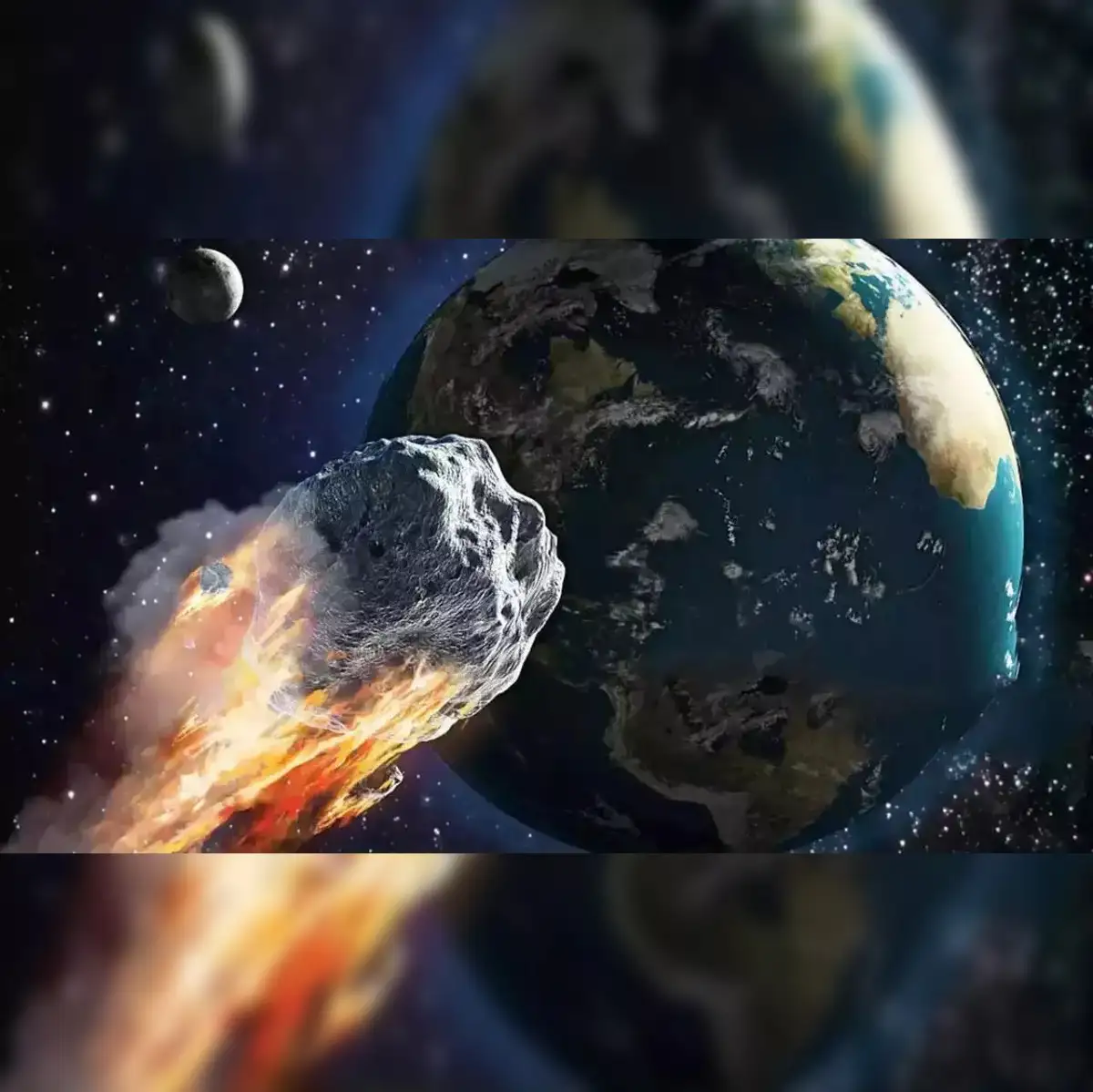A massive asteroid just flew past Earth. NASA tracked it closely. Here’s what happened and why it matters.

🌌 What Happened During NASA’s Asteroid Flyby?
On April 15, 2025, NASA confirmed a close flyby of asteroid 2024 FN5.
The asteroid came near Earth but didn’t hit.
It was a safe pass, but it got everyone’s attention.
This asteroid was big.
It measured about 240 meters (790 feet) wide.
That’s taller than the Eiffel Tower.
It flew by at 30,000 km/h (18,600 mph).
At its closest, it was 123,000 miles from Earth.
That’s half the distance between Earth and the Moon.
🔭 Why It Got So Much Attention
The asteroid didn’t surprise NASA.
They had tracked it for a while.
But its size and speed made it important.
NASA used radar and telescopes to study it.
They learned about its surface and orbit.
This helps prepare for future asteroid threats.
Want to read something just as strange? Check out our post on John Titor, the man who claimed to be a time traveler.
🌍 What If It Had Hit?
It didn’t. But what if it had?
An impact from this size could hurt a whole region.
It would cause shockwaves, fires, and damage.
Not global destruction, but very serious.
That’s why NASA watches space rocks so closely.
🛰️ How NASA Tracks Asteroids
NASA runs the Planetary Defense Coordination Office.
It sounds like a movie—but it’s real.
They use telescopes and satellites.
They find, track, and study near-Earth objects.
NASA even tested a way to push asteroids away.
The mission was called DART. It worked.
🧠 What This Means for Us
This flyby reminds us of something.
Earth is part of space.
We are not alone out here.
While we deal with things on Earth—
Like rising seas
Or political surprises—
space keeps moving above us.
Everything is connected.
Earth and the cosmos share the same story.
🌠 Final Thought
This asteroid didn’t crash.
It didn’t cause panic.
But it gave us a reason to look up.
It reminded us to stay curious.
To protect our planet.
And to listen when space speaks.
Want more like this? Visit America112 for more space and science stories.
📍Follow Recital Blog for stories that matter—on Earth and beyond.

